Understanding Dump Trailers: What You Need to Know
Dump trailers are specialized vehicles designed to transport and unload bulk materials with incredible efficiency. They are commonly used in industries such as construction, landscaping, and waste management. Understanding the nuances of dump trailers, from their functionality to the specifications that matter for your project, is essential before making a request.
Different Types of Dump Trailers
To tailor your request effectively, it’s beneficial to be aware of the different types of dump trailers available on the market. Here’s a comparative overview:
| Type | Description | Ideal For |
|---|---|---|
| Gooseneck Dump Trailer | Features a goose neck hitch for enhanced stability and maneuverability. | Heavy-duty jobs and off-road hauling. |
| Tilt Dump Trailer | The bed tilts to facilitate easy unloading of materials. | Landscapers and those handling lighter materials. |
| Standard Dump Trailer | Typically uses a standard hitch; available in various sizes and capacities. | General purpose hauling and construction projects. |
| High Side Dump Trailer | Tall walls for carrying loose material, ideal for aggregates. | Demolition and waste disposal projects. |
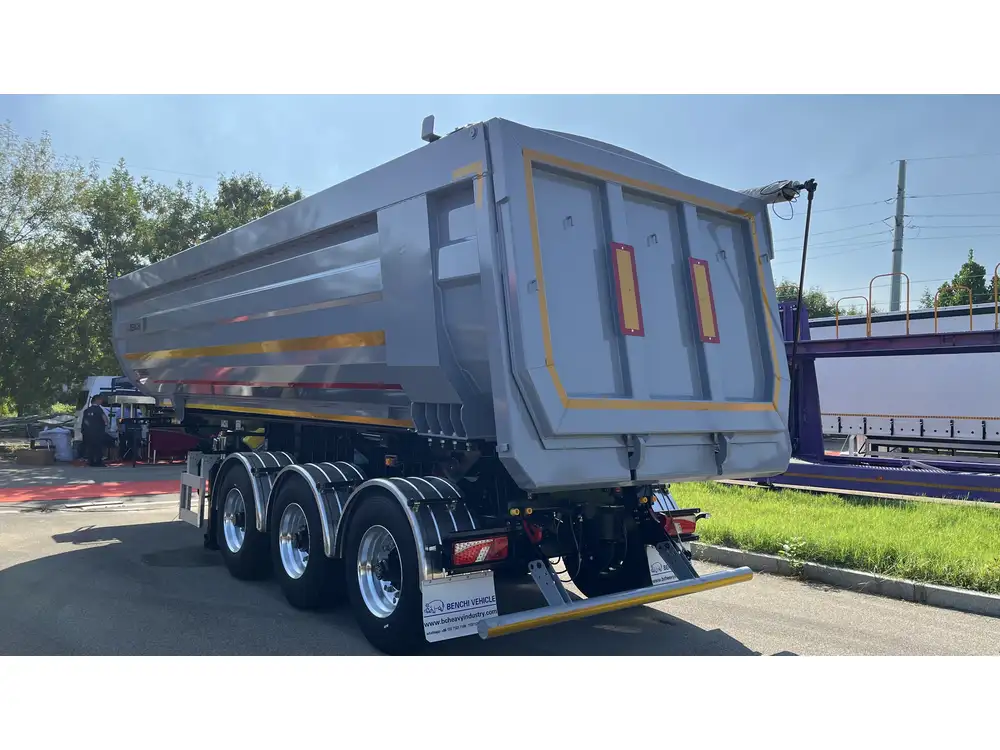
Key Considerations Before Requesting a Dump Trailer
When considering a dump trailer, several critical factors can influence your decision:
1. Capacity Needs
Determine your material handling capacity needs. Dump trailers come in various sizes, typically ranging from 5 to 20 cubic yards. The intended use will dictate the size and model required.
2. Weight Limitations
Know the weight limits of the dump trailer, which commonly ranges from 7,000 to 20,000 pounds, depending on the manufacturer and model.
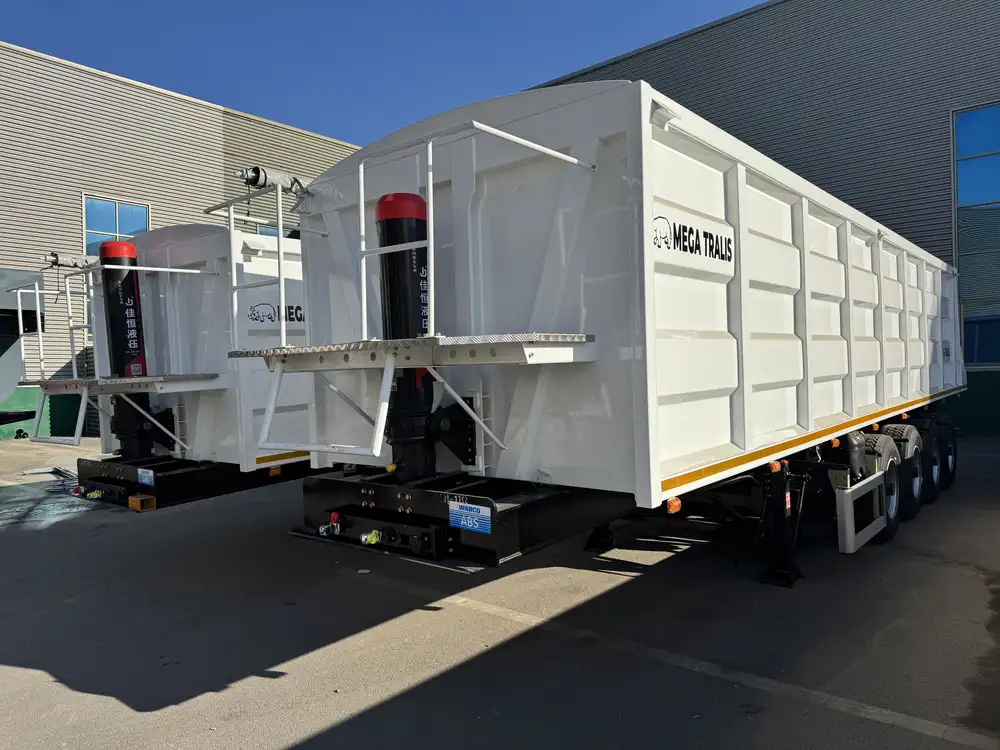
3. Material Adaptability
Different dump trailers are suited for various materials. Consider whether you’ll mainly be transporting dirt, gravel, wood chips, or debris, as this will influence your choice.
4. Operational Environment
Will the trailer be used in rugged landscapes, narrow construction sites, or on public roads? Your operational environment may necessitate additional features, such as enhanced suspension systems or tire upgrades.
Steps to Request a Dump Trailer
Now that you are equipped with essential knowledge, here’s a streamlined process for making a dump trailer request:
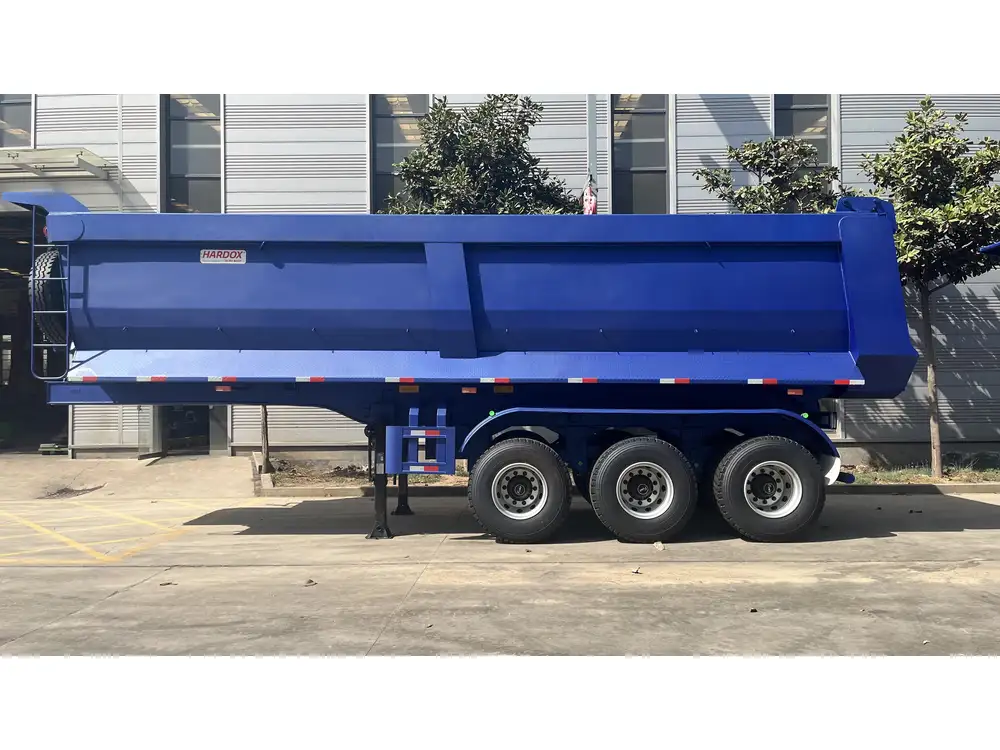
Step 1: Identify Your Needs Clearly
Before reaching out to manufacturers or dealers, outline your requirements thoroughly. This document should encompass:
- Dimensions and Capacity: The specific size and load capacity you require.
- Weight Specifications: The total weight of the materials plus additional equipment.
- Material Types: Identifying whether you need a trailer for heavy-duty materials or lighter loads.
Step 2: Research Manufacturers and Dealers
Once you have your requirements documented, research potential manufacturers and dealers. Compile a list based on:
- Reputation: Look for manufacturers known for quality and reliability.
- Client Reviews: Browse testimonials to gauge customer satisfaction.
- After-sales Support: Ensure that they offer maintenance and parts availability.
Step 3: Prepare Your Request
Craft a formal request that includes:
- Personal Information: Your name, company name, contact information.
- Project Overview: Briefly describe your project and why a dump trailer is necessary.
- Specifications List: Provide your documented needs, ensuring clarity in your desired features and specifications.
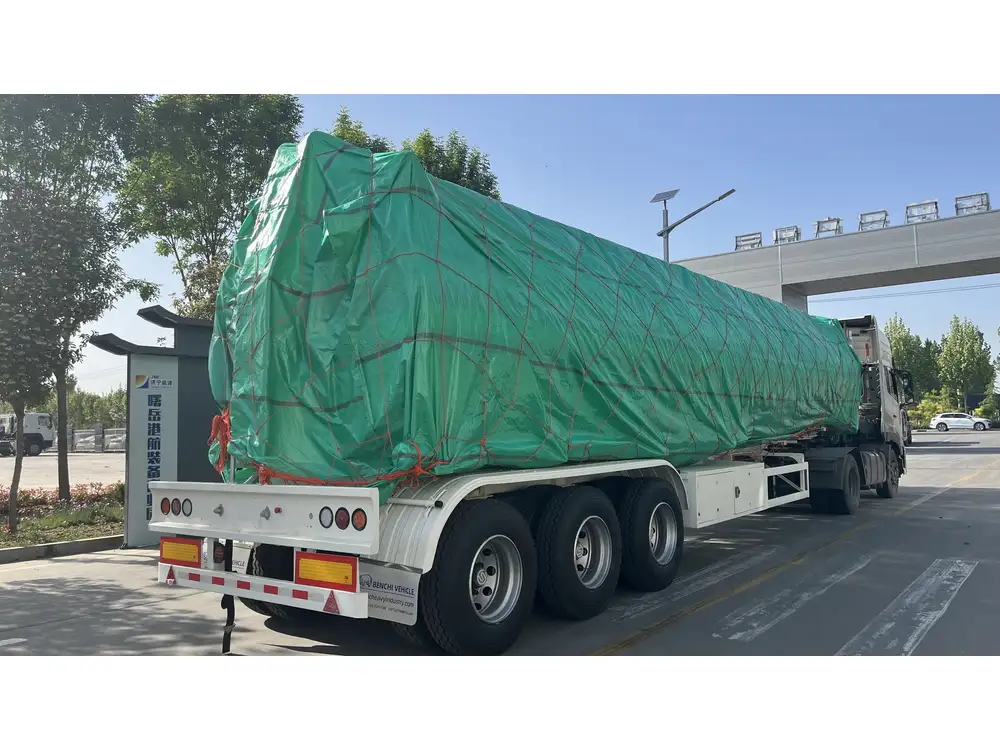
Sample Request Format
Here’s a template for your formal request:
[Your Name]
[Your Company Name]
[Your Address]
[City, State, Zip Code]
[Email Address]
[Phone Number]
[Date]
[Manufacturer’s Name]
[Manufacturer’s Address]
[City, State, Zip Code]
Dear [Manufacturer’s Name],
I hope this message finds you well. My name is [Your Name], and I am reaching out to inquire about acquiring a dump trailer suitable for my current project.
Project Overview:
I am working on [Briefly describe your project, e.g., a construction site for new residential buildings] and require a dump trailer that can handle [specify the type of material, e.g., gravel, soil, debris].
Specifications Needed:
- Capacity: [e.g., 10 cubic yards]
- Weight Limit: [e.g., 10,000 pounds]
- Type: [e.g., Gooseneck tilt]
- Other Features: [e.g., brakes, lights, etc.]
Please provide me with your product catalog, pricing, and estimated lead times.
Thank you for your assistance, and I look forward to your prompt response.
Sincerely,
[Your Name]
Step 4: Follow-Up
Once your request is sent, allow a reasonable amount of time for a response. If you haven’t received a reply within a week, it’s appropriate to follow up with a polite reminder of your inquiry.
Step 5: Evaluate Responses and Make a Decision
When you receive responses, evaluate them against your requirements. Consider price, quality, warranty, and lead time. Don’t hesitate to reach out for additional information or clarifications.

Step 6: Finalize the Contract and Payment
Upon deciding on a manufacturer, finalize the contract. Make sure to double-check all specifications and terms before signing. Payment methods can vary, so choose what is most convenient and secure for your transaction.
Additional Tips for a Successful Purchase
Understand the Warranty
Warranties can vary significantly among manufacturers. Ensure you are aware of the coverage period and any conditions attached. A good warranty can save you from unexpected expenses.
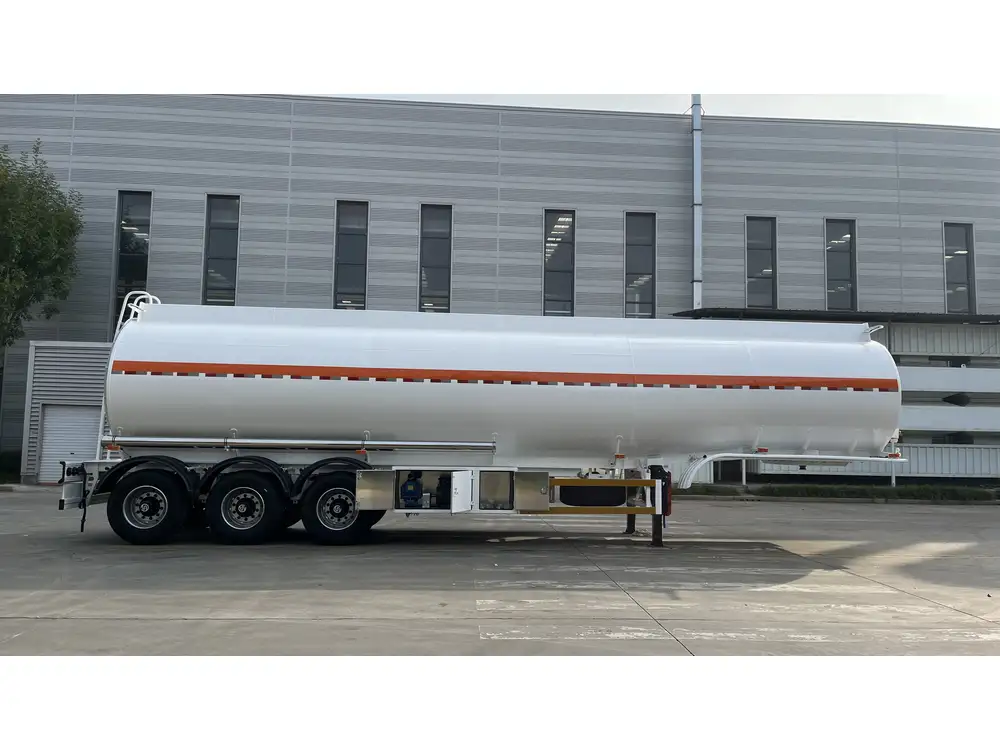
Inquire About Customization Options
Some manufacturers offer customization options. If your project requires specific features or modifications, don’t hesitate to ask. Customized trailers can provide distinct advantages in meeting unique operational needs.
Ask About Delivery Options
Inquire how the loading and delivery of your dump trailer will be handled. Some manufacturers may offer free delivery to specific locations, which can save costs.
Common Questions to Consider
What is the average lead time for a dump trailer? Factors such as demand, customization, and production capacity can affect lead times. Establish clear timelines to ensure your project stays on schedule.
Are financing options available? Many manufacturers provide financing options for bulk purchases or longer-term payments, making it easier to manage cash flow.
What maintenance does a dump trailer require? Regular maintenance is essential for ensuring longevity. Understand the maintenance needs and ensure you have a plan.
How can I ensure I’m choosing a reliable manufacturer? Aside from customer reviews, consider assessing their history in the industry, certifications, and any affiliations with trade organizations.
Will the trailer be suitable for off-road use? Specify to the manufacturer if you anticipate rough terrain as this can influence your choice of tire type and overall build quality.

Conclusion
Requesting a dump trailer doesn’t need to be a daunting task. By understanding your requirements, researching potential suppliers, and following the outlined steps, you can streamline the process. Whether it’s for construction, landscaping, or waste management, knowing how to approach this request can lead to acquiring an efficient and reliable dump trailer that meets your project’s demands. Engage with your chosen manufacturer transparently and don’t hesitate to ask questions; it’s your investment, and clarity is paramount.



